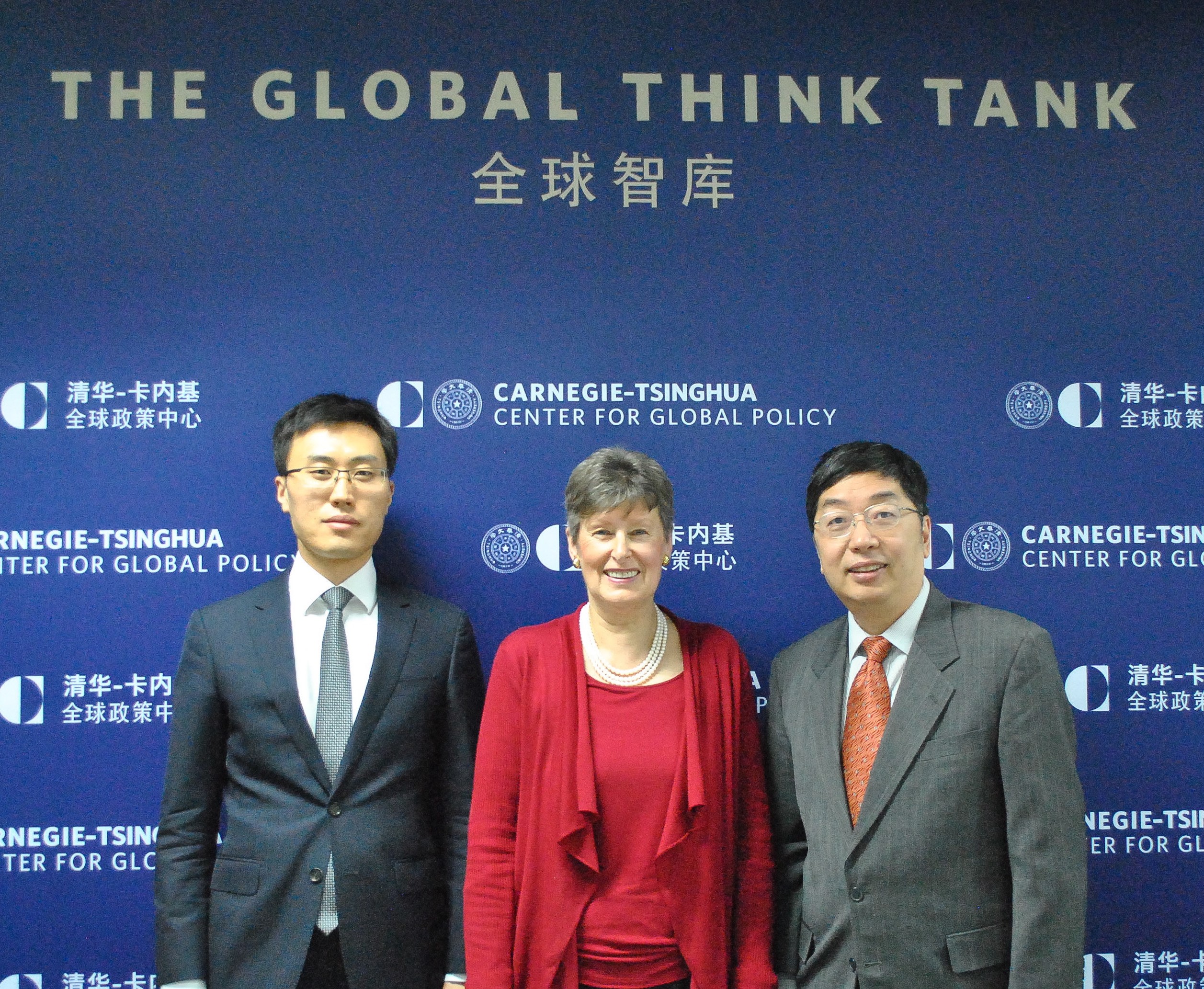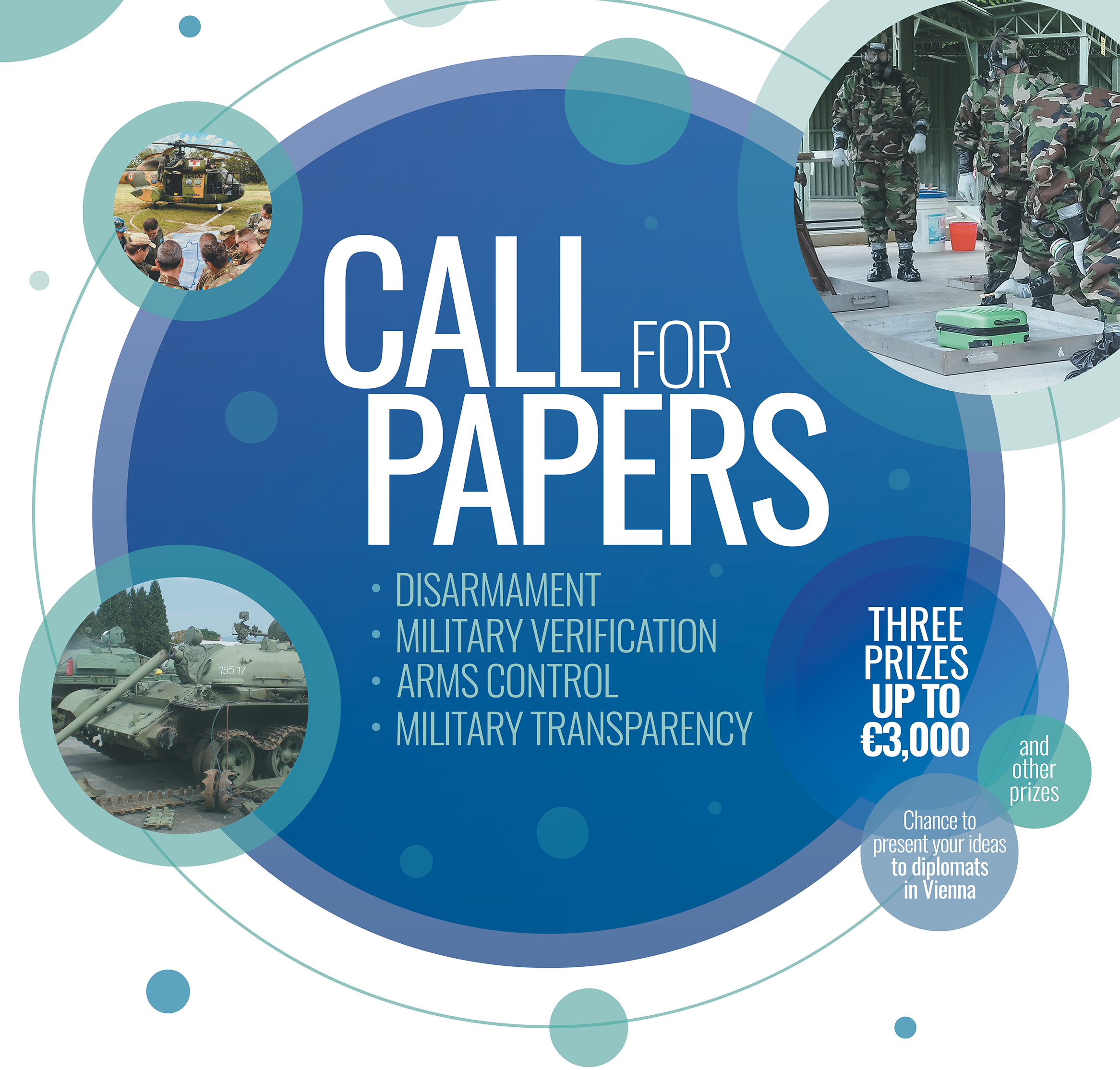
On 3 November 2021, the Vienna Center for Disarmament and Non-Proliferation (VCDNP) held the sixth and final webinar in the Deterrence and Emerging Technologies (DET) Webinar Series, devoted to new tools for arms control, transparency and confidence building.
The panel of speakers included Dr. Alexander Graef (Researcher, Institute for Peace Research and Security Policy), Ms. Veronika Bedenko, (Analyst, Open Nuclear Network) and Mr. William M. Moon (Nonresident Fellow, Stimson Center and former Global Nuclear Security Program Manager for Cooperative Threat Reduction (CTR) programmes with Russia, China, Ukraine, Belarus and Kazakhstan from 1992 to 2014). VCDNP Senior Fellow Dr. Nikolai Sokov moderated the event.

In his opening remarks, Dr. Sokov highlighted the importance of new technologies for progress in verification and transparency that enable the international community to verify weapons and activities that in the past were considered unverifiable. Moreover, many of these technologies are commercially available today, making verification and transparency accessible to many more states than in the past.
Dr. Graef discussed the Open Skies Treaty as an important tool for transparency, that provided all participating states access to data from observation flights. He explained that in the recent years States Parties agreed on the use of new types of sensors, which became a major enhancement over the original technologies allowed by the treaty. Dr. Graef concluded by outlining the prospects of aerial observation, including non-military uses, such as disaster relief support and research on environmental issues and climate change.
Ms. Bedenko spoke about the democratisation of verification through open-source intelligence with emphasis on publicly (including commercially) available satellite imagery. She noted that insufficient or asymmetric access to information is one of the most important risk factors in the security domain. The increasing public availability of data and rapidly advancing analytical capabilities help alleviate these drawbacks and provide states, the public, private sector, and non-governmental organisations with previously unattainable capabilities in monitoring and understanding security relevant activities on global scale.
In his presentation, Mr. Moon focused on an innovative approach to monitoring nuclear warhead stockpiles that was developed under a project on verification of non-strategic nuclear weapons led by the James Martin Center for Nonproliferation Studies in Monterey, California. Given the high sensitivity of all information concerning nuclear weapons as well as the need to ensure safety and security of stockpiles, the application of traditional approaches to life cycle tracking of items for verification purposes is difficult or impossible. Mr. Moon explained how certain approaches were developed during the implementation of CTR programmes in Russia, and took these principles several steps further by using unique “hash codes,” which represent a warhead “passport” for verification purposes but do not contain current data or disrupt normal operations with nuclear weapons, including storage, transportation, or other activities, nor create undesired vulnerabilities.
The full recording of the webinar event can be found below.



By continuing to use the site, you agree to the use of cookies. more information
The cookie settings on this website are set to "allow cookies" to give you the best browsing experience possible. If you continue to use this website without changing your cookie settings or you click "Accept" below then you are consenting to this.